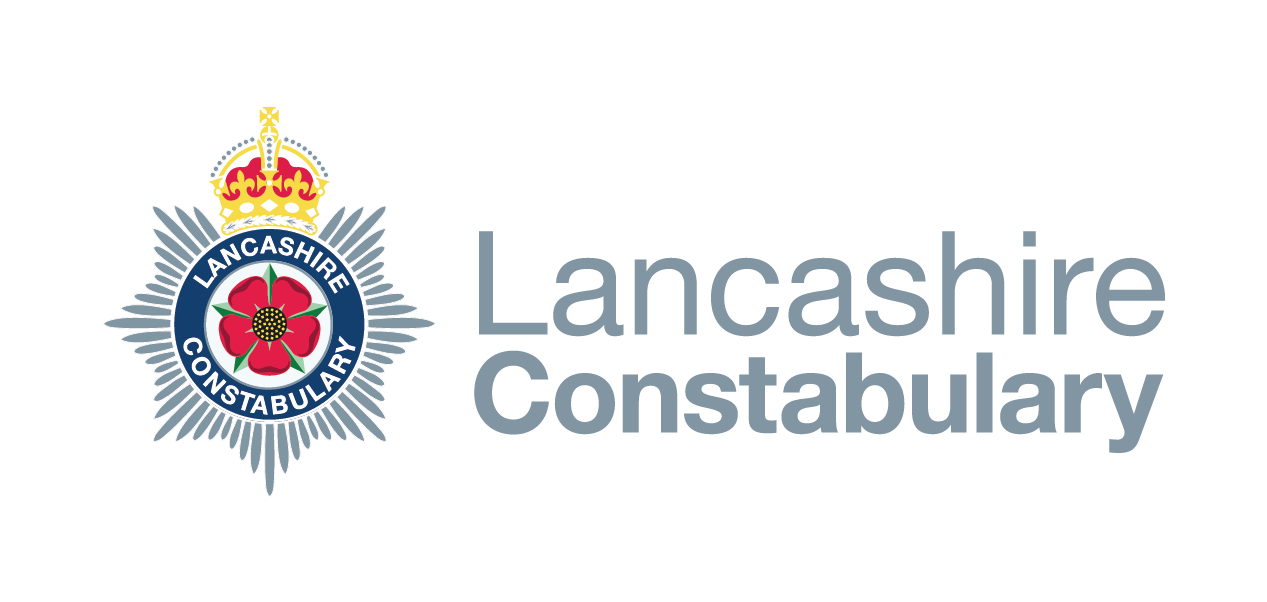Special Constabulary, PCSOs and Volunteers
Special Constables
Special Constables are un-paid volunteer police officers who come from all walks of life. They may be at home bringing up a family, in full-time employment, a student or retired, but they all give their time for the good of the local community.
Our Specials perform the same duties as regular officers, receive the same high level training and have the same powers and authority as regular Police Officers.
PCSOs
A Police Community Support Officer (PCSO) provides a vital link between the community and the police service to make sure everyone has the support they need.
Whether it’s stopping speeding outside our schools, reporting vandalism, or reducing antisocial behaviour, your work will make a real difference in keeping Lancashire safe.
As a Police Community Support Officer you will be able to develop your skills in dealing with people and will gain job satisfaction from making a difference in your community.
Police Community Support Officers don’t have powers to arrest, but instead, they are armed with excellent communication skills to protect the community in a non-confrontational capacity.
PCSOs have a number of powers they can exercise when on duty and carry a list of powers and police photo ID card with them. Members of the public can ask to see these documents any time a PCSO is exercising any power. The Chief Constable may change PCSO powers at any time, giving the required notice.
Community support officers under Section 38 of the Police Reform Act 2002 (as amended by the Policing and Crime Act 2017) hold the powers below, throughout Lancashire.
Penalty Notice for Disorder Offences
Purchase of alcohol for a person under 18
S149(4) of the Licensing Act 2003
Breach of fireworks curfew Fireworks Regulations 2004
Under s11 of the Fireworks Act 2003
Using public electronic communications network in order to cause annoyance, inconvenience or needless anxiety
S127(2) of the Communications Act 2003
Knowingly giving false alarm to a person acting on behalf of a fire and rescue authority
S49 of the Fire and Rescue Services Act 2004
Causing harassment, alarm or distress
s5 of the Public Order Act 1986
Throwing fireworks
s80 of the Explosives Act 1875
Buy / attempt to buy alcohol on behalf of person under 18
s149(3)(a) of the Licensing Act 2003
Note: Penalty Notices cannot be issued to persons under 18 years.
Other Powers
Power to issue fixed penalty notices for cycling on a footpath
S72 Highways Act 1835
Power to issue fixed penalty notices for littering (if arrangements in place with Local Authority to issue their tickets)
S88 Environmental Protection Act 1990
Power to issue fixed penalty notices in respect of offences of dog fouling (if arrangements in place with Local Authority issue their ticket)
Section 237A of the Local Government Act 1972
Consuming alcohol in breach of a prohibition in a public spaces protection order
s63 Anti-social Behaviour, Crime and Policing Act 2014
Power to require name and address
Schedule 3C to the Police Reform Act 2002
Power to require name and address for anti-social behaviour
Section 50 of the Police Reform Act 2002
Power to require name and address for road traffic offences
Sections 35 or 37 of the Road Traffic Act 1988
Power to require persons drinking in designated places to surrender alcohol (where designated)
Anti-social Behaviour, Crime and Policing Act 2014 - power to make Public Spaces Protection Orders
Power to require persons aged under 18 to surrender alcohol
Section 1 of the Confiscation of Alcohol (Young Persons) Act 1997
Power to seize tobacco from a person aged under 16 and to dispose of that tobacco
Police Reform Act 2002 - Schedule 3C
Power to seize drugs and require name and address for possession of drugs
Police Reform Act 2002 - Schedule 3C - CSO/CSV (05) - powers to seize and detain - controlled drugs
Power to enter and search any premises for the purposes of saving life and limb or preventing serious damage to property
Section 38(9) of the Police Reform Act 2002
Power to seize vehicles used to cause alarm
Section 59 of the Police Reform Act 2002
Power to remove vehicles illegally, obstructively or dangerously parked
Section 99 of the Road Traffic Regulation Act 1984
Power to stop cycles
Section 163(2) of the Road Traffic Act 1988
Power to control traffic for purposes other than escorting a load of exceptional dimensions
Paragraph 8B of Schedule 5 of the Police Reform Act 2002
Power to carry out road checks authorised by a superintendent
Section 4 of the Police and Criminal Evidence Act 1984
Power to place signs
Section 66 of the Road Traffic Regulation Act 1984
Power to photograph persons away from a police station
Section 64A of the Police and Criminal Evidence Act 1984
Volunteers
Volunteers are members of the public who give their time to work in many departments within the Constabulary.
Being a volunteer means contributing some of your time to help Lancashire Constabulary improve its quality of service to local communities. The amount of time you decide to volunteer will be up to you and will be agreed during the application process.
Volunteers are involved in various aspects of the service from helping Neighbourhood Policing Teams to develop close relationships with their communities, to monitoring media coverage, to contacting the public to update them on the progress of police investigations or gathering further information
Go to our 'Join Us' section to find out more about working with Lancashire Constabulary.

